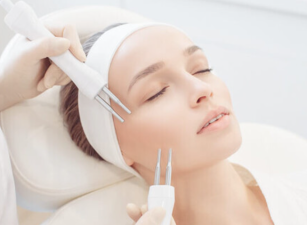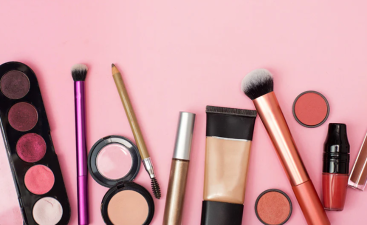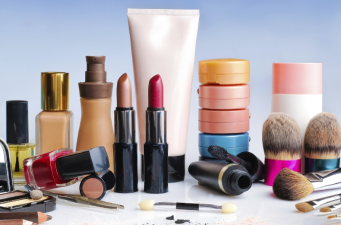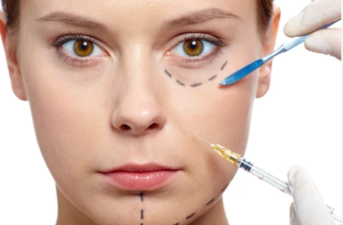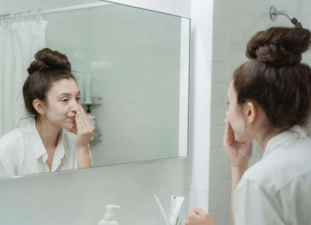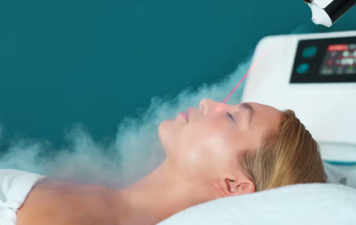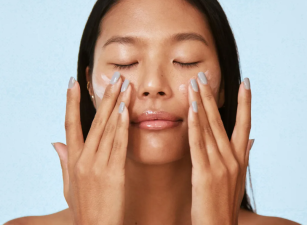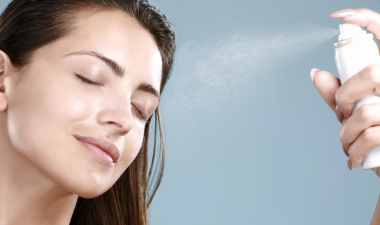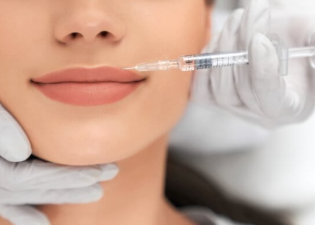Should You Try Laser Skin Resurfacing or Stick With Retinol?
Retinol, a form of vitamin A, is often used in skincare because it promotes collagen production, reduces wrinkles, and slows aging. It's a clinically proven effective anti-aging ingredient.
Retinol, a form of vitamin A, is often used in skincare because it promotes collagen production, reduces wrinkles, and slows aging. It's a clinically proven effective anti-aging ingredient.
What precautions should be taken when using retinol?
When using it for the first time, gradually build up your skin's tolerance. Start with a low concentration or use products formulated with retinol esters. When using retinol, avoid combining it with high-concentration acids or exfoliating products. Retinol has an oil-control effect, so dry skin should always be treated with a good moisturizer after use. Retinol is photosensitive, so it's recommended for nighttime use. Always use sunscreen during daytime use!
Retinol has promising anti-aging benefits, but long-term use is not recommended
- Retinol is unstable and breaks down over time. Using skincare products containing this degraded retinol can irritate the skin. Some people with sensitive skin may experience dryness, peeling, itching, redness, swelling, and stinging. Therefore, long-term use of retinol for skincare is not recommended. If skin allergies occur, it's recommended to discontinue use for a period of time to allow the skin to rest. You can also use retinol in conjunction with a skincare product with restorative properties to mitigate side effects.
- Beyond skincare, retinol can also be taken orally to treat conditions such as night blindness, dry eyes, and corneal softening, as well as to maintain healthy skin, hair, teeth, and gums, strengthen bones, and promote growth. However, long-term oral use is also not recommended, as it can lead to excessive accumulation of retinol in the body, potentially causing acute or chronic toxicity. Use only according to a doctor's advice and avoid long-term use. If significant discomfort occurs after taking the medication, it's recommended to discontinue use immediately and seek medical attention.

How Retinol Improves Pores and Usage Recommendations
- Mechanism of Action
Regulates keratin metabolism: Reduces dead skin cell accumulation around pores, preventing pore enlargement.
Controls oil and prevents sebum retention: Inhibits overactive sebaceous glands, alleviating pore dilation caused by excess oil.
Stimulates collagen regeneration: Enhances skin elasticity and tightens the structure around pores.
- Usage Precautions
Concentration Selection: Beginners should start with a low concentration below 0.1% and gradually build tolerance.
Frequency of Use: Initially, use 2-3 times per week, then every other day after acclimation.
Contraindications: Avoid use with high-concentration acids or exfoliating products.
Sunscreen Requirements: Strict sun protection (SPF 30 or higher, PA+++ or higher) is essential.

